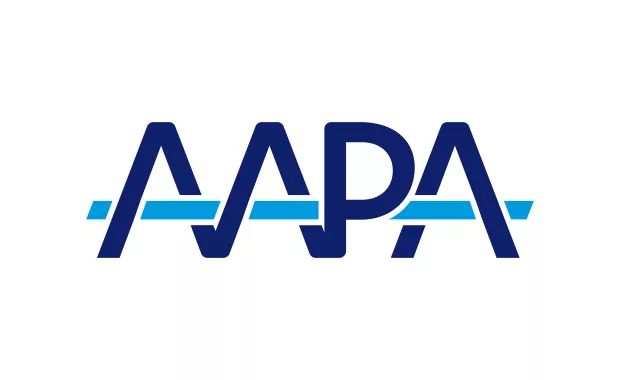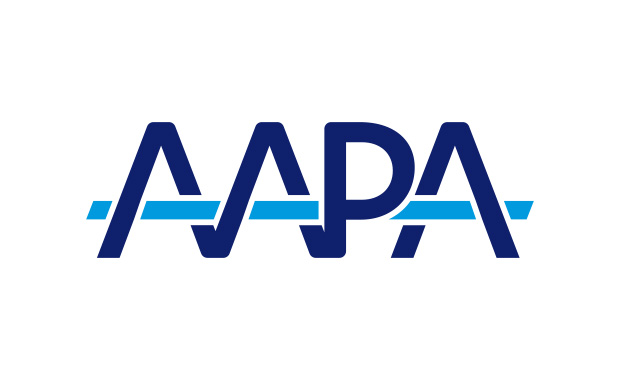New Federal Rule Allows PAs at OTPs to Order Methadone
Rule Change Allows PAs Practicing in Federal Opioid Treatment Programs to Order Dispensing of Methadone
February 13, 2024
On February 2, the Substance Abuse and Mental Health Services Administration (SAMHSA) and the Department of Human Services (HHS) issued a new final rule. The rule changes the definition of providers who are able to order the dispensing of methadone, consistent with DEA licensing and state law, to include PAs at opioid treatment programs (OTPs).
Methadone, a medication approved by the Food and Drug Administration to treat opioid use disorder (OUD), can only be dispensed for the treatment of OUD through a SAMHSA certified OTP. The new rule will improve patient access to this treatment by expanding the number of providers who can order the medication. Up until this change, rules governing the dispensing of methadone for OUD were severely restrictive for PAs.
[Stay up to date on legislative information that impacts you – join or renew today]
Jim Anderson, PA-C, MPAS, DFAAPA, president of the Society of PAs in Addiction Medicine (SPAAM), applauds the change, which will take effect on April 2, 2024.
“Previously, PAs had to go through this long process of applying for an exemption to be able to order the dispensing of methadone for OUD. It really limited what PAs could do, and therefore limited access to this care,” says Anderson, who practiced at a federal OTP clinic for 15 years. “This is a new day for PAs to be able to fully function in the world of OUD treatment. This will open up access to methadone and is a good chance to expand its use in the treatment of OUD.”
This rule change has been long supported by AAPA and SPAAM, both because of its positive impact on Pas’ ability to treat OUD and because of the improved access to care for patients. Last February, AAPA submitted comments to SAMHSA in support of the change.
“This is a huge change. It’s really going to open up the area of OUD to Pas, because it’s been difficult for PAs to enter this practice area with such restrictive rules,” Anderson says. “AAPA has been a stellar partner for us in this battle to try to increase access to OUD treatment.”
According to the CDC, overdoses involving opioids killed more than 80,000 people in 2021. In the midst of this unprecedented opioid epidemic, more than 130 people die each day from opioid-related drug overdoses—and opioid-involved death rates increased by over 15% from 2020 to 2021.
In addition to updating the definition of providers who are able order the dispensing of methadone for OUD, the rule also allows for patients to receive more doses of the medication to take home and allows patients to receive care more frequently after a telehealth consultation.
You May Also Like:
CME: Treating and Managing OUD and SUD
Substance Use Experts Give Advice on Handling Addiction Medicine
New DEA Requirement for Registered Practitioners to Complete SUD, OUD Training



